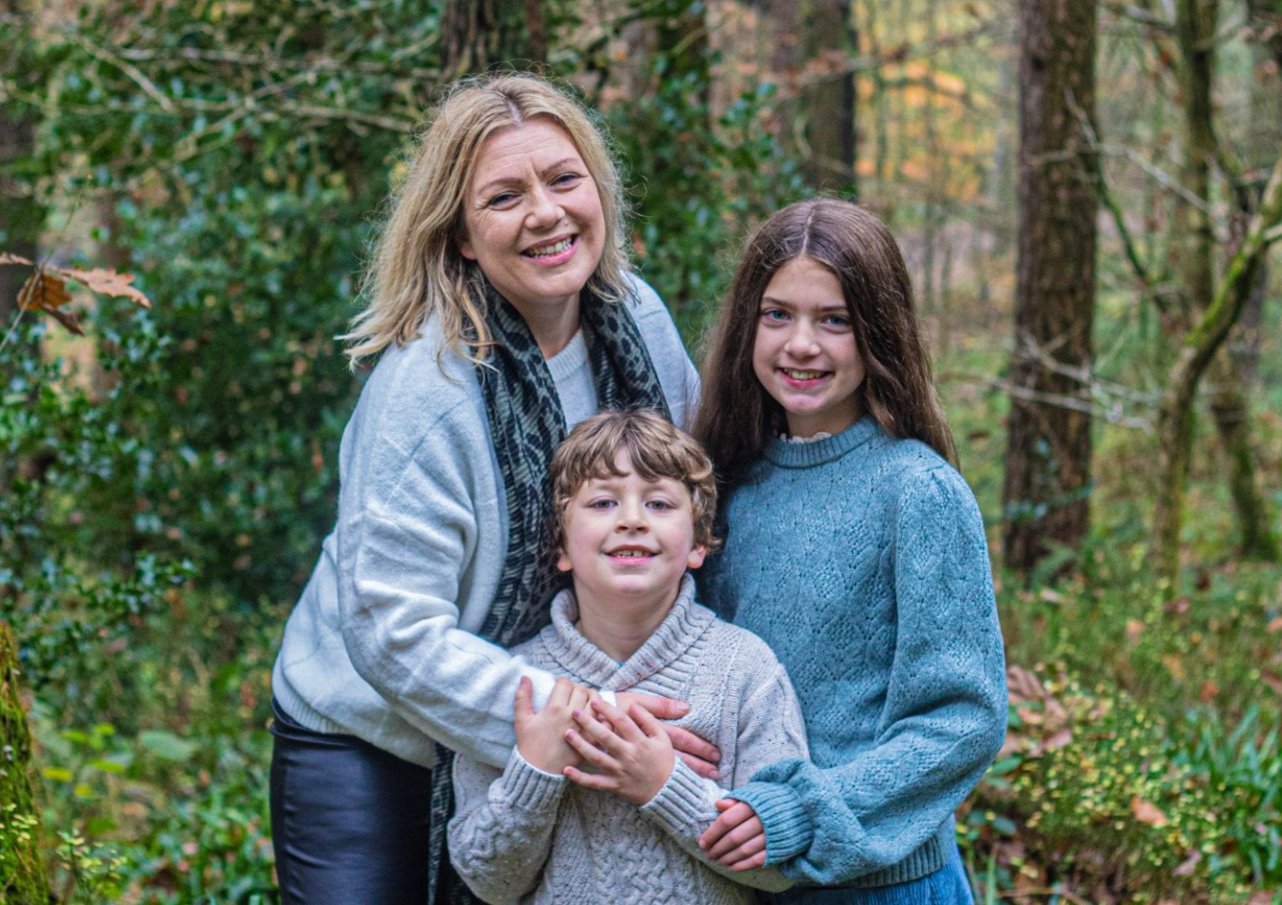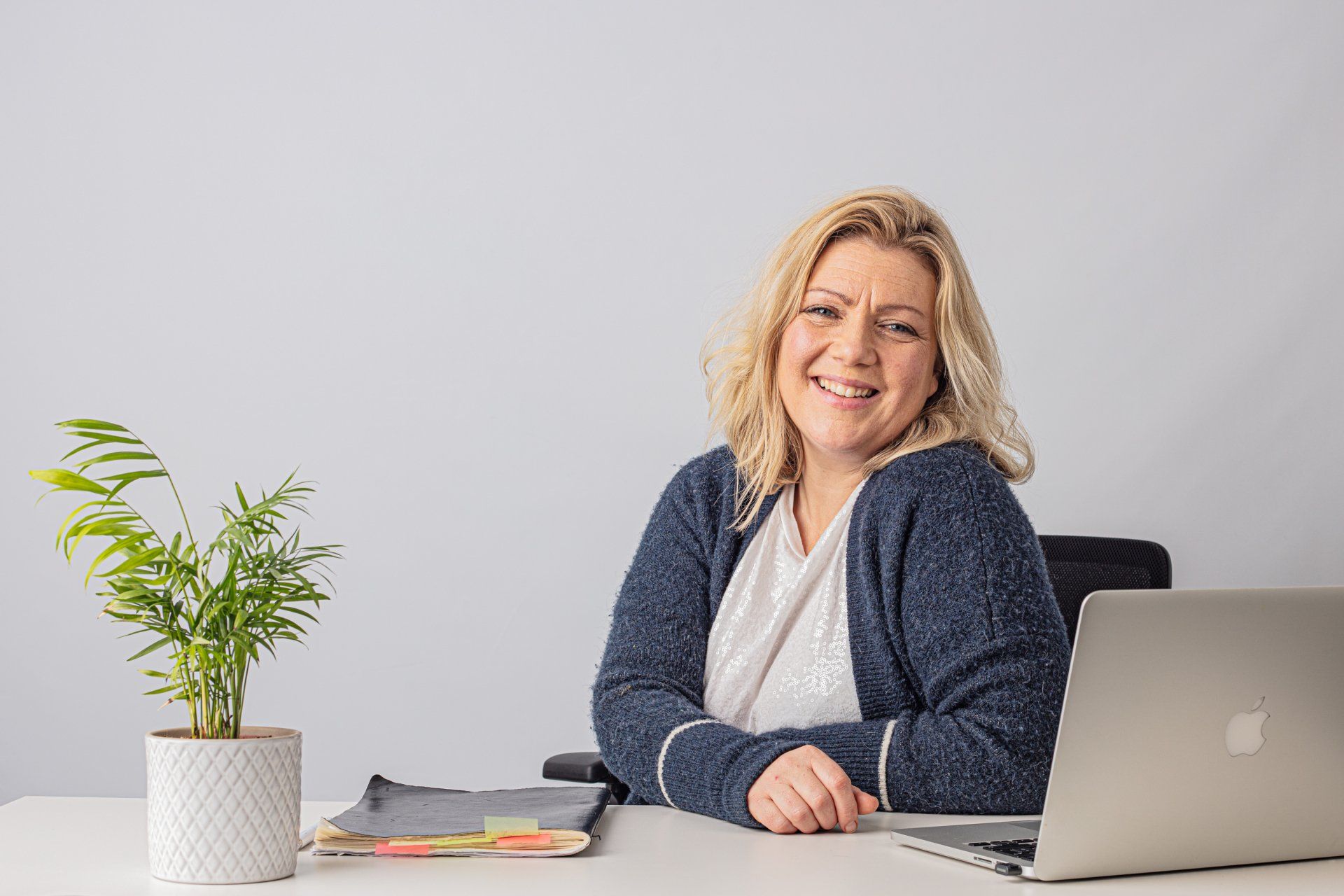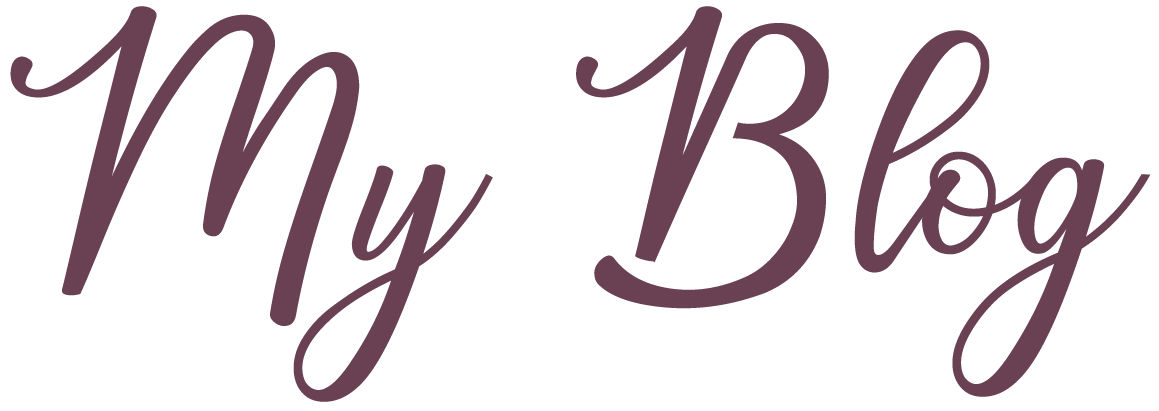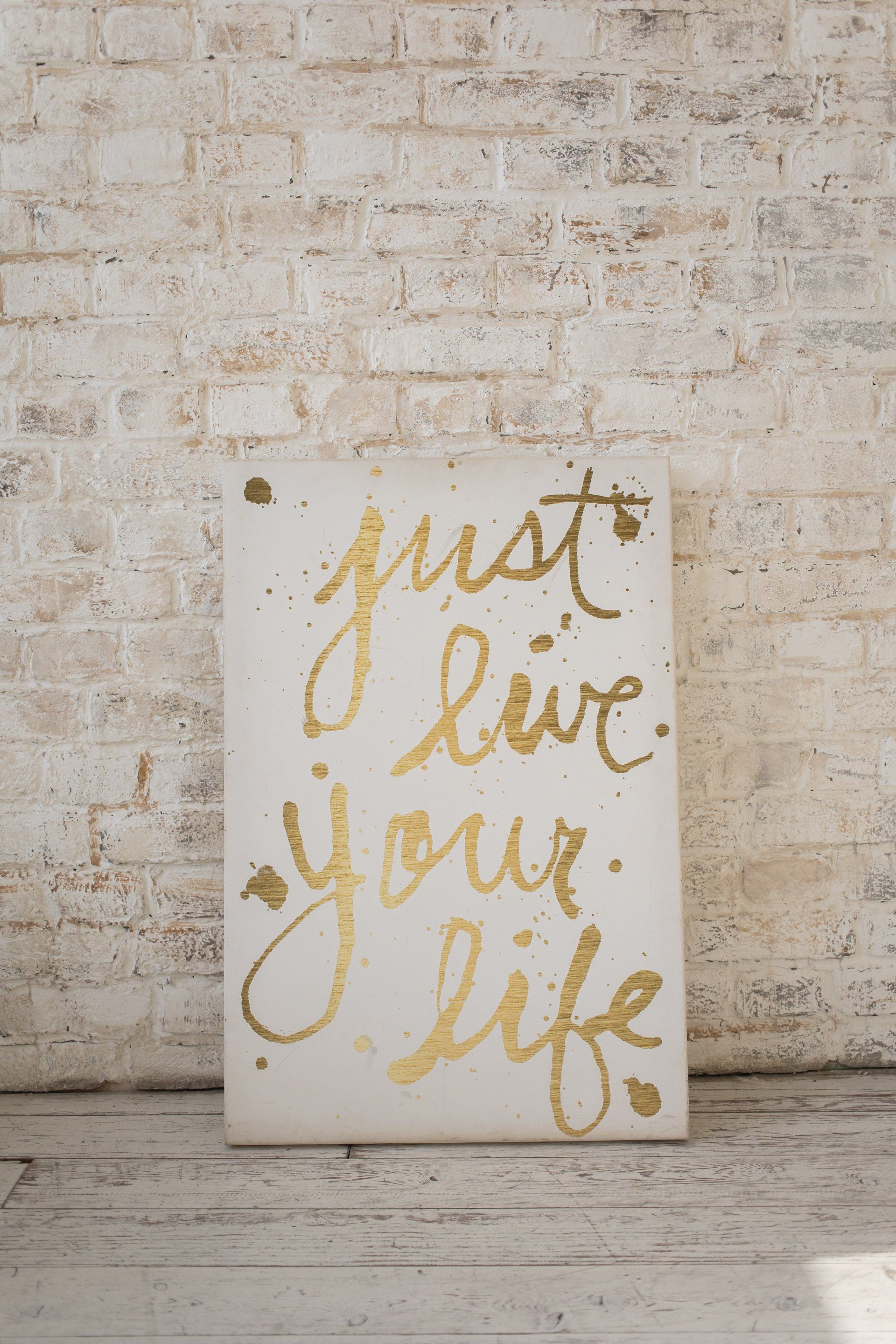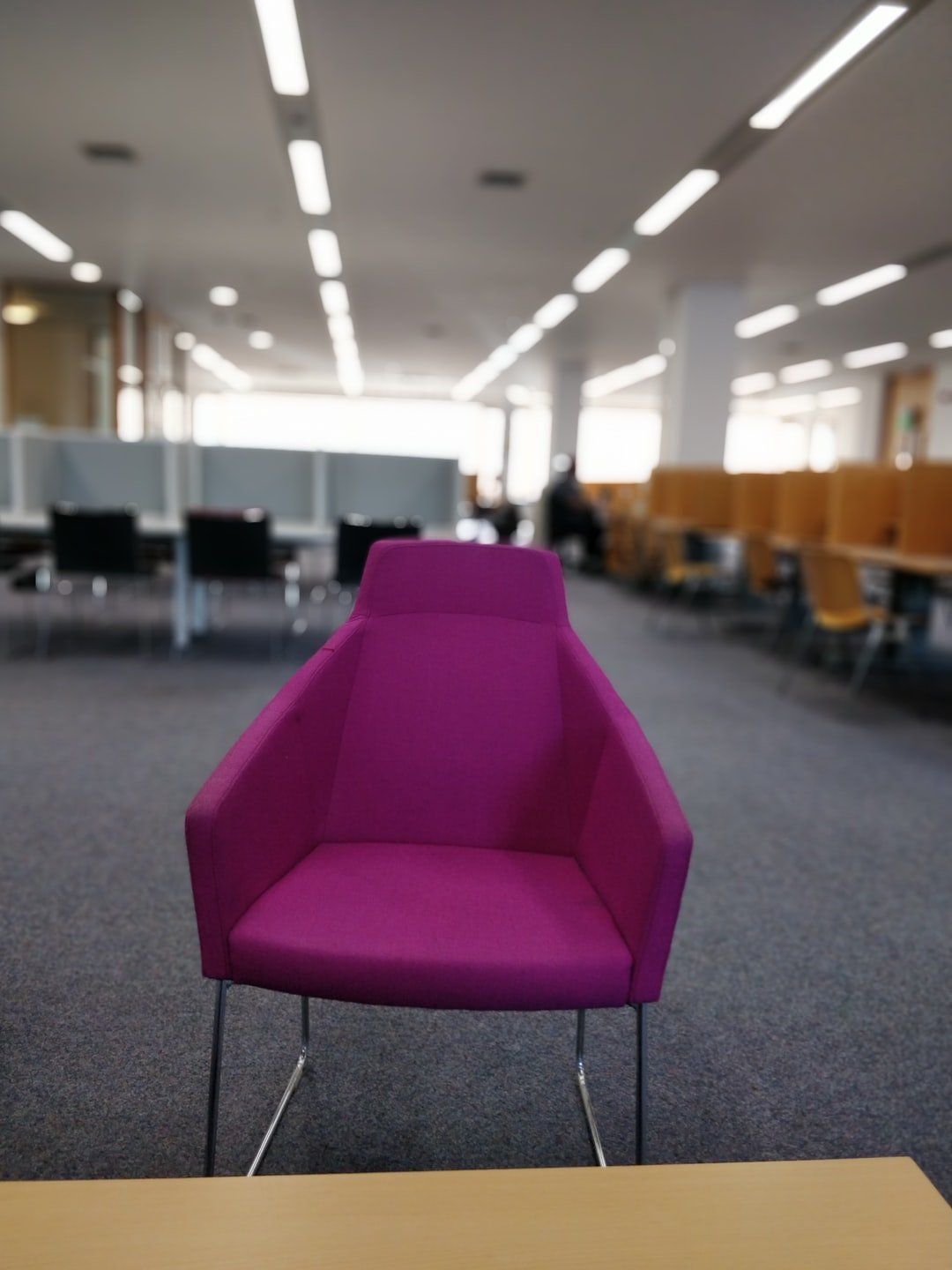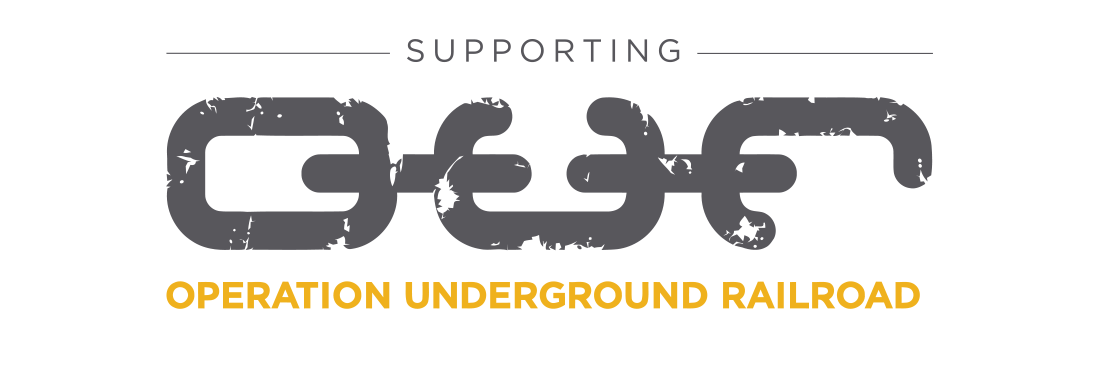By Sarah Chapman
•
08 Apr, 2021
How Do We Actually Become Better and What even is BETTER? That is up to you! But… if you can read this you will have already decided, many years ago. Going after other versions of Better (other than the one you already decided at a subconscious) may be difficult due to undiscovered conflicting beliefs. So, if you are not doing this with a trained coach who can help you remove internal conflicting beliefs, here is where to start - with what you already decide BETTER is to you. ‘Actions Express Priorities’ – Mahatma Ghandi Ghandi was my first hero and role model as a child. Watching the film with Ben King had a significant effect on me personally. I know now as an adult that the film was produced, whereas as a child that awareness did not exist. I remember watching it, it was as if I was watching the exact real-life events as they happened. I was deeply moved, and I did not realise until the last few years that this was so significant for me, that it shaped my version of ‘better’ for the past 30 years. When I saw Ghandi, I saw someone who inspired me. I saw: Discipline. Kindness. Compassion. Fairness. Justice. Equality. Standards. Strength. Goodness. Doing Hard Things to Achieve Better Things. Resilience. Peace. Understanding. Intelligence. Service. Whilst people may disagree about who Ghandi was, they cannot disagree with who he is to me. This is what I experienced as I watched his actions. The expression of his priorities. My focus has always been – be a better version, a more knowledgeable version and then serve better. Until recently I didn’t understand how one experience could have such a significant effect on the way we then go on to live our life and judge ourselves as to whether or not we are enough. Whether or not we are meeting our own expectations. BETTER is individualised, commonalities will be present due to social context, but they will be specific to you according to and creating your values and beliefs. So first of all: Step 1 Get clear on what BETTER is to you and WHY. Autopilot? Perhaps now we have assembled one or two ideas about what action we can take in one area of our betterment process. Once we have an action plan, then it comes down to scheduling and following through. Segue from Betterness to Habits! Stay with me – I will bring it back together. Studies show that around half of our day is not consciously chosen action but rather autopilot. Otherwise known as a habit! 1 The definition of a habit in psychology, is an action that is triggered automatically in response to contextual cues that are associated with performance: e.g., automatically putting on a seatbelt (action) after getting into the car (contextual cue). Half my week is me in autopilot! It is not an individual thing it is an inevitable thing. The brain is built to categorise and file to save power (that’s why biases are inevitable) and automate wherever possible. We would not get much done if this were not the case – but - the question remains – out of the 50-55% of the day I am not in autopilot – how well am I using that time? And, here is the connection – how much of my effort in that conscious time is moving me towards BETTER? As I see it we have a two pronged attack here – 1. Create some betterment habits so that they are autipilot but also move us towards a BETTER version of ourselves. 2. Use the conscious time CONSCIOUSLY. How am I consciously using my non-autopilot time to help me get to my own version of BETTER? What tools or structure do I have in place to help me and how efficiently am I using them? Here is one way to utilise the power of habits. Take any healthy habit that is going to improve your day, week, year, life. Then decide where and how you will include it. AWE WALKS. Here is my example of a healthy habit I want to include every day. Here’s why: A recent study2 that assessed the difference between walking for 15 minutes quietly and walking for 15 minutes consciously aware and thankful for nature. It found that the group that focused their minds on nature around them showed a significant boost in ‘positive prosocial emotions such as compassion and gratitude’. The study even showed that when the two groups took selfies, the image of the person on the AWE WALK would have that person’s image as smaller and the nature as the focus whereas the control group selfies did not follow this pattern. Maybe the best data was that the AWE WALKERS had significantly increased smiles in their selfies. How awesome! How do we improve our habits? A study on the development of habit formation carried out by Lally P et al. 3 suggested that the often quoted anecdotal 21 days to form a new habit was inaccurate. Instead, it has been demonstrated that the real number is more like 66 days as an average. Health professionals concluded people should expect the habit to embed at around 10 -12 weeks. Dr Rangan Chaterjee in his book Feel Better in 5, addresses the effectiveness of forming a new habit by using the piggy-back effect. Linking a new habit to the already familiar increases our chance of success. Remember – a habit is an action that is prompted by a contextual cue. Any action we are already in the habit of doing can therefore become the contextual cue, for example I walk my dogs everyday so if I want to successfully add an awe walk to my day it makes sense to piggy-back the awe walk onto the dog walking. The dog walk becomes the contextual cue therefore I need less will power and less change is needed. 1. Decide what a BETTER you is to you. 2. Can you identify the origin of why that became your BETTER (if not don’t worry) 3. Decide what one action you would choose to take that would move you towards that version of a BETTER you. 4. What are you already doing that could be your Contextual Cue – Piggy Back it 5. Continue for the next 10 weeks 6. Enjoy the BETTER you References 1.Lally P, van Jaarsveld CHM, Potts HWW, Wardle J. How are habits formed: modelling habit formation in the real world. Euro J Soc Psychol. 2010;40:998–1009 2. Weller, N (2020). Awe walks boost emotional well being. San Fran, CA Weill Institute for Neurosciences. Sturm, V.E et al. (2020) Big smile, small self: Awe walks promote prosocial positive emotions in older adults. Emotion Advance online publication. https://doi.org/10.1037emo0000876 3. Quinn, J.M., & Wood, W. (2005).Habits across the lifespan. Unpublished manuscript, Duke University; Wood, W., Quinn, J.M., & Kashy, D. (2002). Habits in everyday life: Thought, emotion, and action. Journal of Personality and Social Psychology, 83, 1281–1297.
